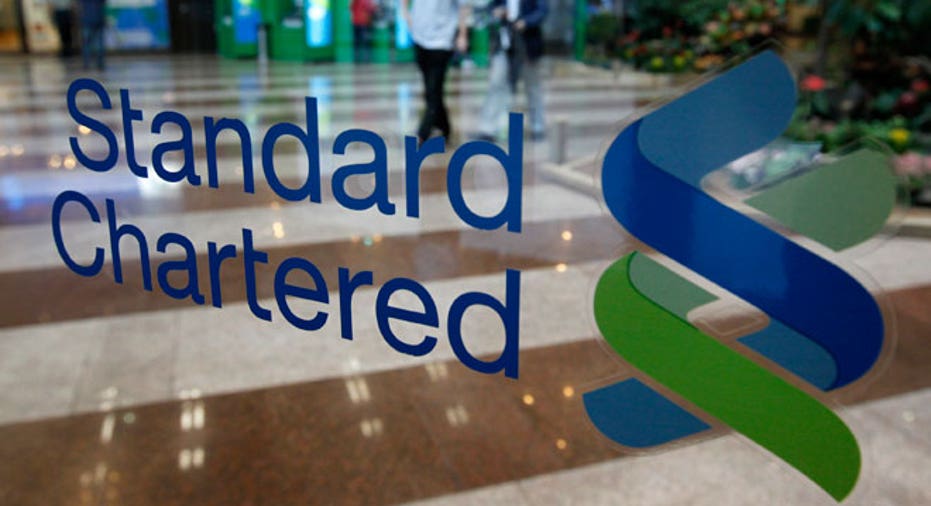Standard Chartered Accused of Scheming With Iran; NY Banking License in Jeopardy

A regulator alleged on Monday that Standard Chartered hid at least $250 billion of transactions with the government of Iran and other rogue states for nearly a decade, reaping millions of dollars in fees.
The New York State Department of Financial Services accused the London-based bank of hiding 60,000 secret transactions from regulators, in what it called “willful and egregious violations of law.” According to the Department, the transactions were conducted with institutions that were subject to American sanctions, including the Iranian central bank and two other banks owned by the Iranian government.
Allegedly, StanChart’s New York branch engaged in a practice called “wire stripping,” in which it sanitized parts of messages involved in wire transfers to cover up the fact that they were initiated by sanctioned countries, individuals and entities.
StanChart “utilized such schemes to cloak the dollar clearing activities of Iranian Clients and thereby shield those transactions from regulatory scrutiny,” according to the NYS Department of Financial Services report released on Monday.
The Department said StanChart must now demonstrate why its banking license should not be revoked. It is also demanding StanChart pay for an indepenent monitor “to ensure compliance with rules governing the international transfer of funds.”
In addition, StanChart is accused of operating similar schemes with other U.S. sanctioned countries including Libya, Myanmar and Sudan.
StanChart’s “actions left the U.S. financial system vulnerable to terrorists, weapons dealers, drug kingpins and corrupt regimes, and deprived law enforcement investigators of crucial information used to track all manner of criminal activity,” the report said.
The report said StanChart “carefully planned” the moves with the help of New York-based consultant Deloitte & Touche.
Requests for comment from StanChart and Deloitte were not immediately returned.
StanChart has 1,700 offices in 70 markets around the world and earns most of its income doing business in Asia, Africa and the Middle East, according its website.



















